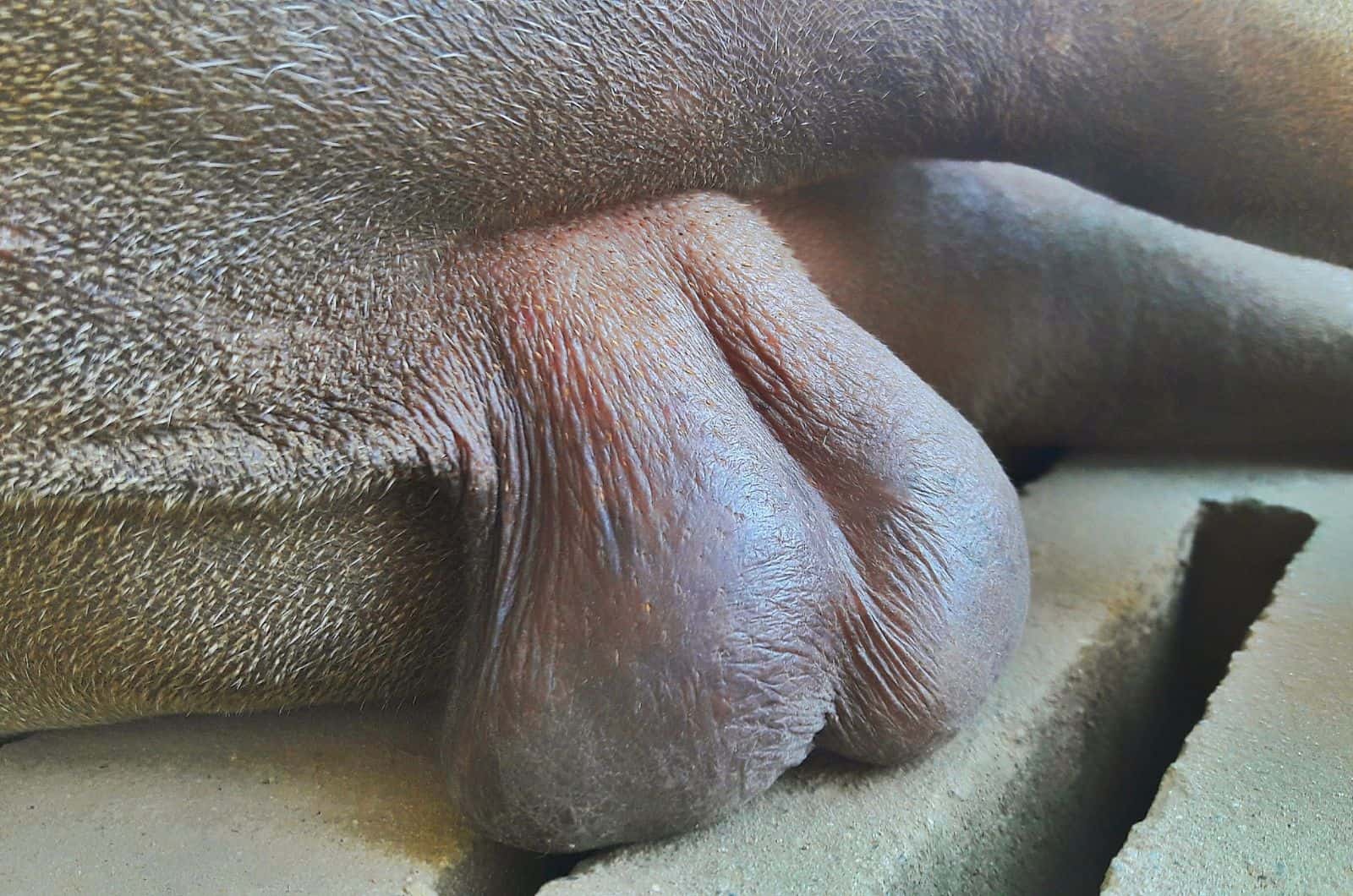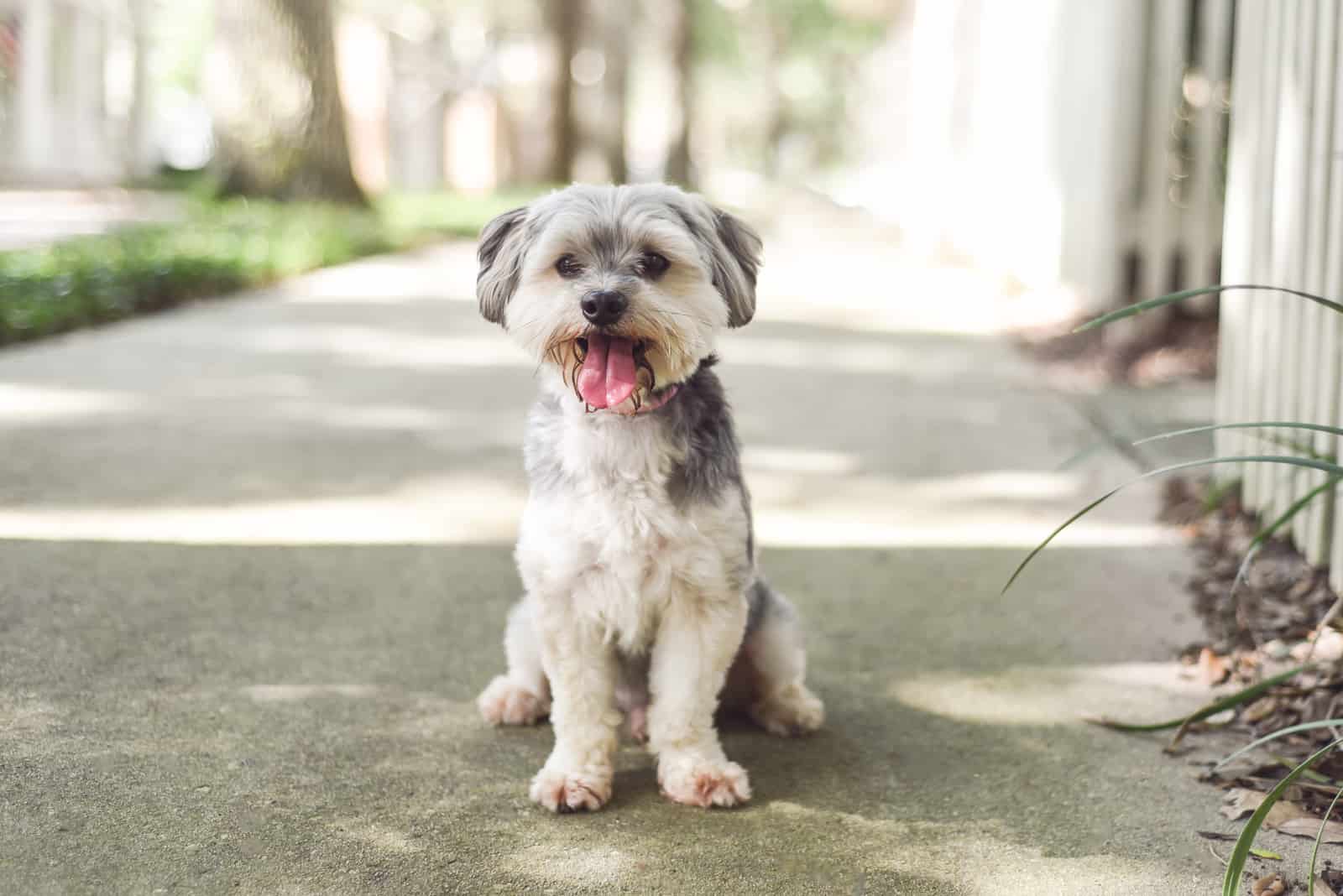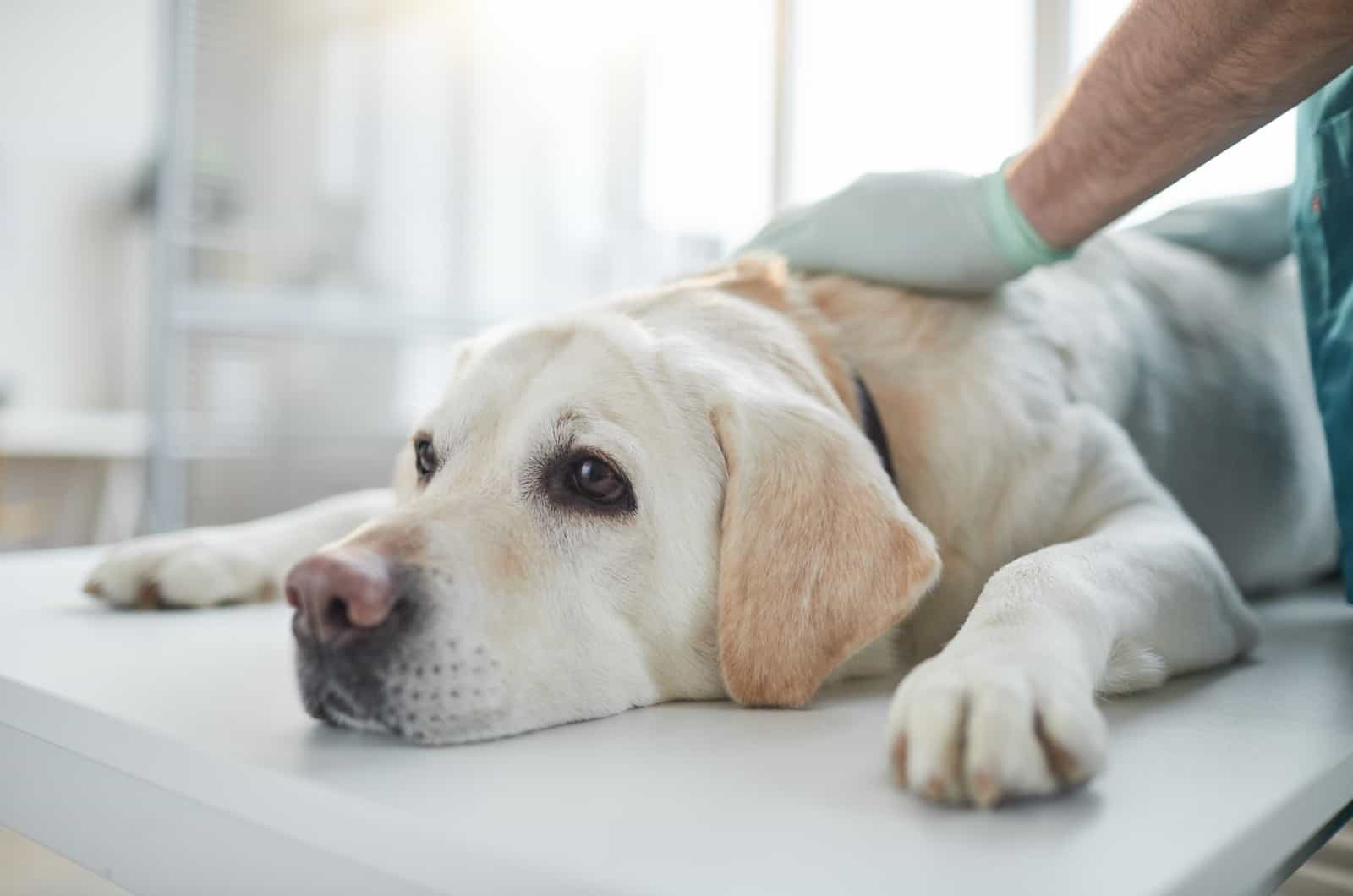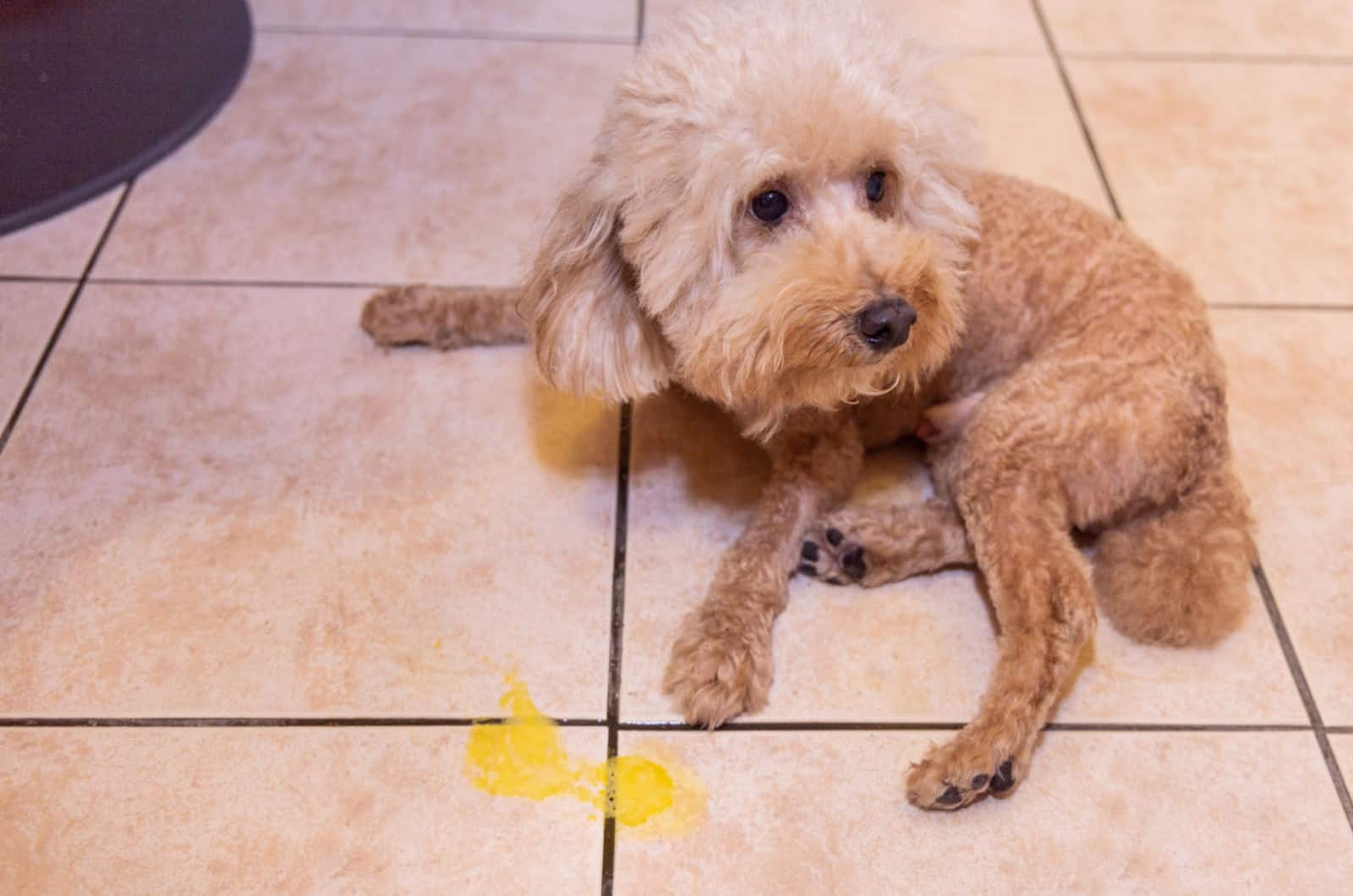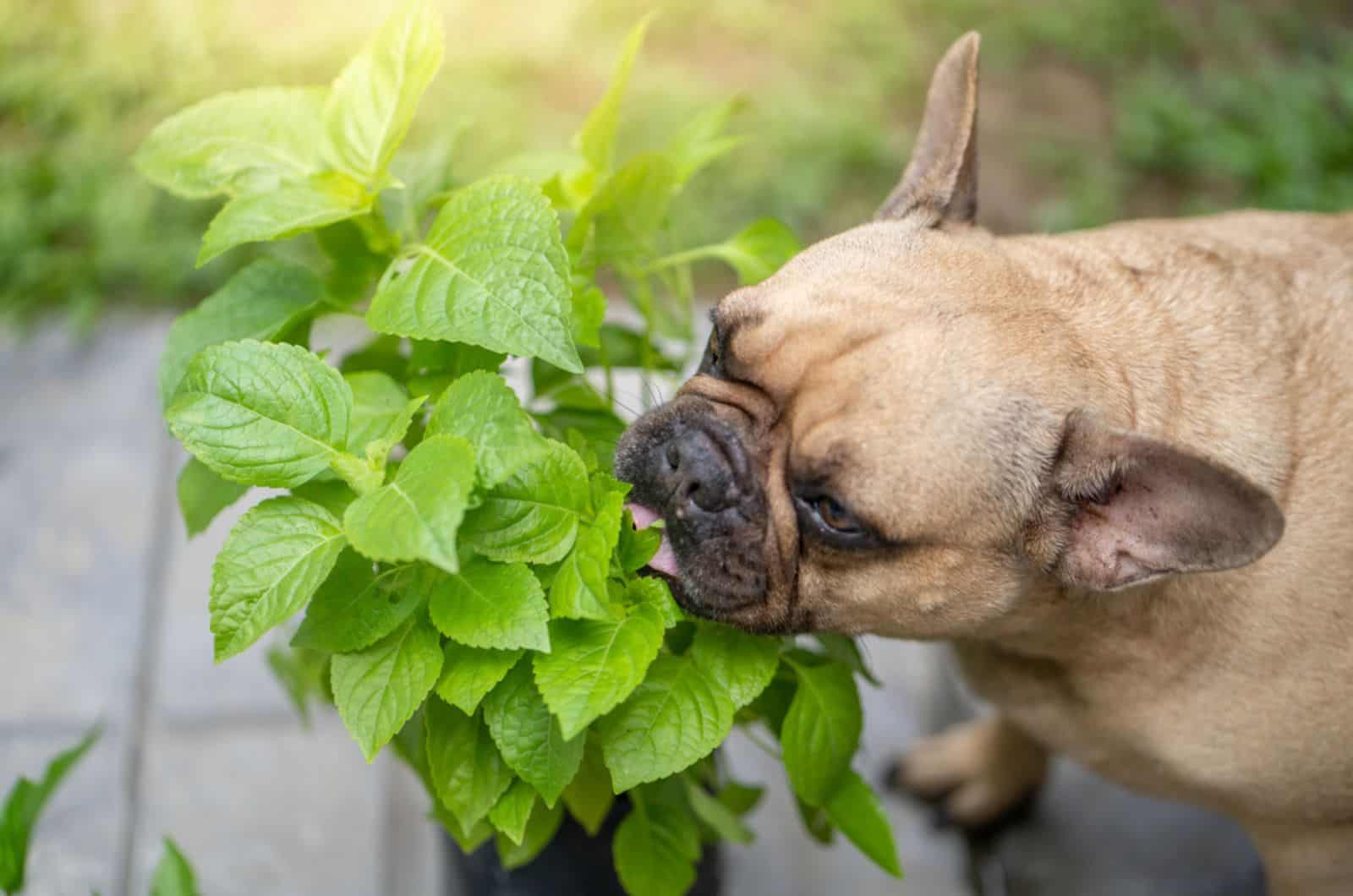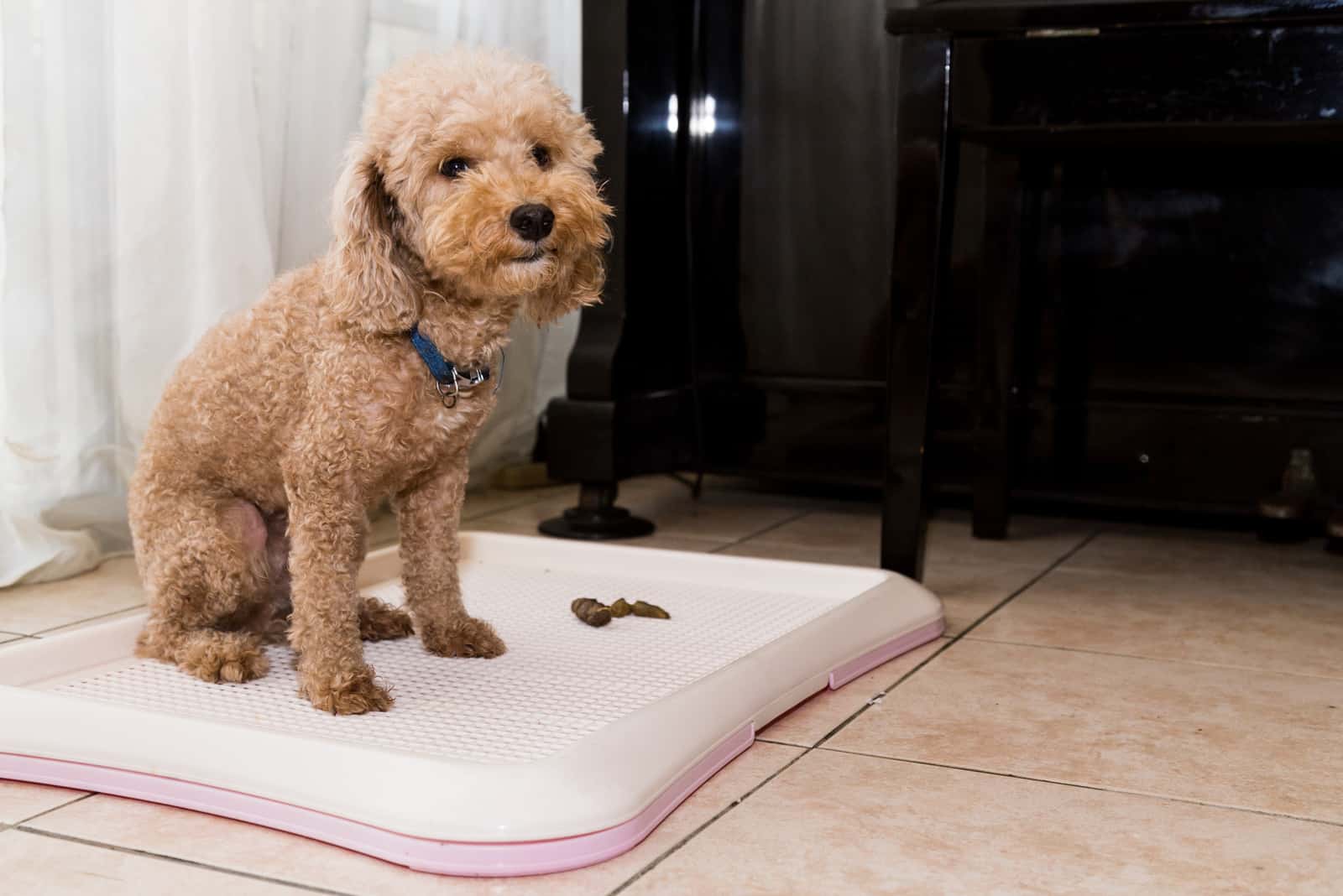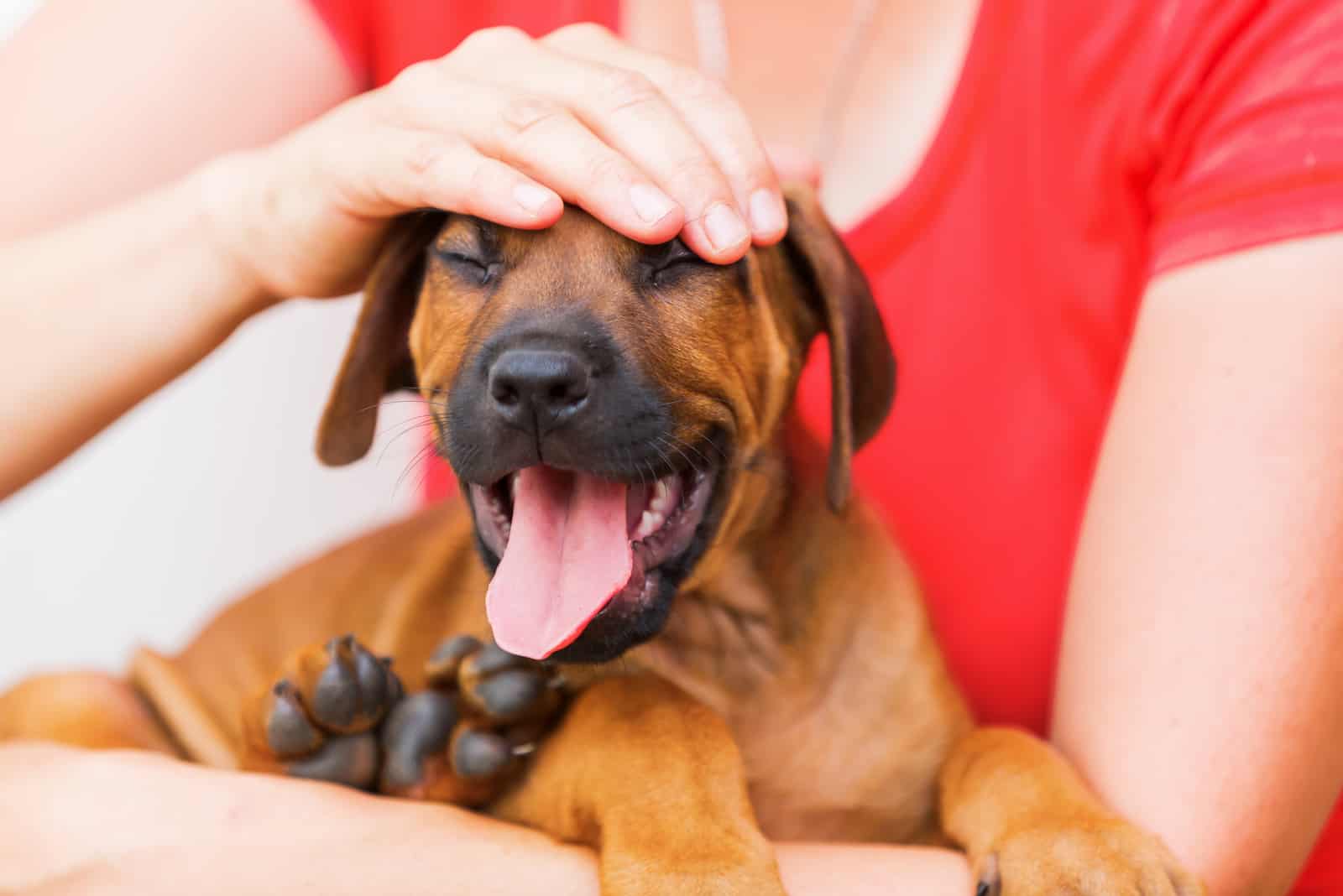Hey, PupViners!
A while ago, I had a difficult case regarding a friend’s dog, and we’re still trying to get over it. We all were shaken to the core because you can’t forget those terrible retching noises and that dry cough.
My best friend is also a huge GSD lover and she has two of them: two boys named Artie and Queso.
They’re pups from the same litter, and they’ll be turning three this fall.
My friend is always super caring about them and she doesn’t let anything go by unnoticed. That’s why she knew something was wrong with Queso.
I still remember her panic call, saying Queso has been retching all morning, but he didn’t puke at all. It started just after their morning run, and he still hasn’t calmed down.
I had a feeling as to what might be wrong with Queso. And, I was right…. Unfortunately.
I had her rush into my office and I gathered my other colleagues because I knew what we were dealing with wouldn’t be easy.
Here’s what Queso was diagnosed with and how we helped him!
So, Why Was Queso Gagging, But Not Throwing Up?

As a German Shepherd owner, the first thing you need to know is that some conditions, no matter how well you take care of your dogs, are still inevitable.
Although this is a fine dog breed, German Shepherds still have predispositions to certain illnesses.
In Queso’s case, it was a condition called BLOAT.
I’m sure y’all have heard of it.
Queso’s mistake was that he drank water as soon as he got home from a run. My friend didn’t see that. But, when we rewinded the cameras in her home, we saw that Queso did take a few gulps when he snuck into the kitchen.
A few gulps was all it took to put him in severe danger.
German Shepherds, just as many other big dogs, are super prone to getting bloated.
This condition is also known as Gastric Dilatation and Volvulus (or GDV).
Basically, a dog’s stomach will fill up with extra air and twist. Such a twisted stomach will restrict proper blood flow to other organs.
If the dog is left unattended with a twisted stomach, he might go into toxic shock because some organs will start producing toxins as a response to the lack of oxygen. |1|
We knew that Queso had bloat because of several symptoms.
For starters, the gagging and no throwing up part. The poor guy was trying to throw up all that extra trapped air because he felt it was bothering him severely.
Then, his tummy was really hard… I mean rock hard.
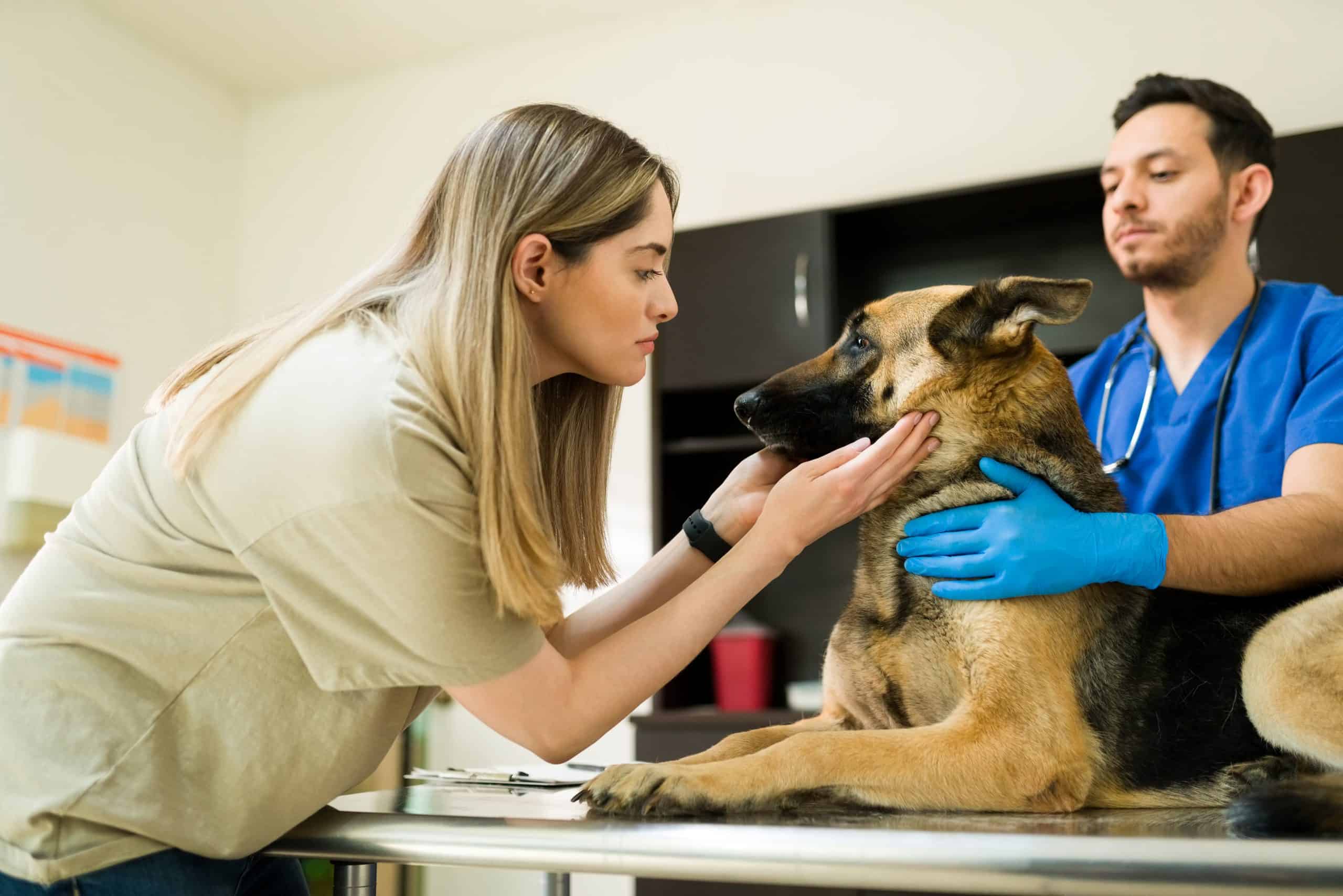
Queso’s heartbeat was off the charts and he was panting like there was no tomorrow. By the time they arrived at our animal hospital, he started drooling.
We knew we had to react fast; otherwise, we might have lost him.
Queso had to be operated on. We untwisted his tummy and stitched it so it wouldn’t twist anymore. This procedure is known as gastropexy, and it should significantly reduce the chances of ever getting bloated again. |2|
I thank God my friend is a bit of a panic queen because her fast response actually saved her dog. I hate to think what would have happened to Queso if he was someone else’s dog and he started to foam up, become lethargic, and without any energy.
My friend already knows what to do to prevent bloat from happening. But, Queso drinking water was a complete accident that didn’t end in tragedy, thankfully.
If you’re not sure how to prevent this condition, here’s a little reminder:
- Feed your dog two or three smaller meals a day
- Don’t exercise for at least an hour before or after a meal
- Slow feeders are a great thing
- Don’t let your dog gulp down the entire water bowl too fast
- Introduce a probiotics-rich diet to help with the gasses
- Make sure your dog’s diet consists mostly of proteins instead of carbs
What Are Other Conditions That Might Cause Your Dog To Gag, But Not Throw Up?
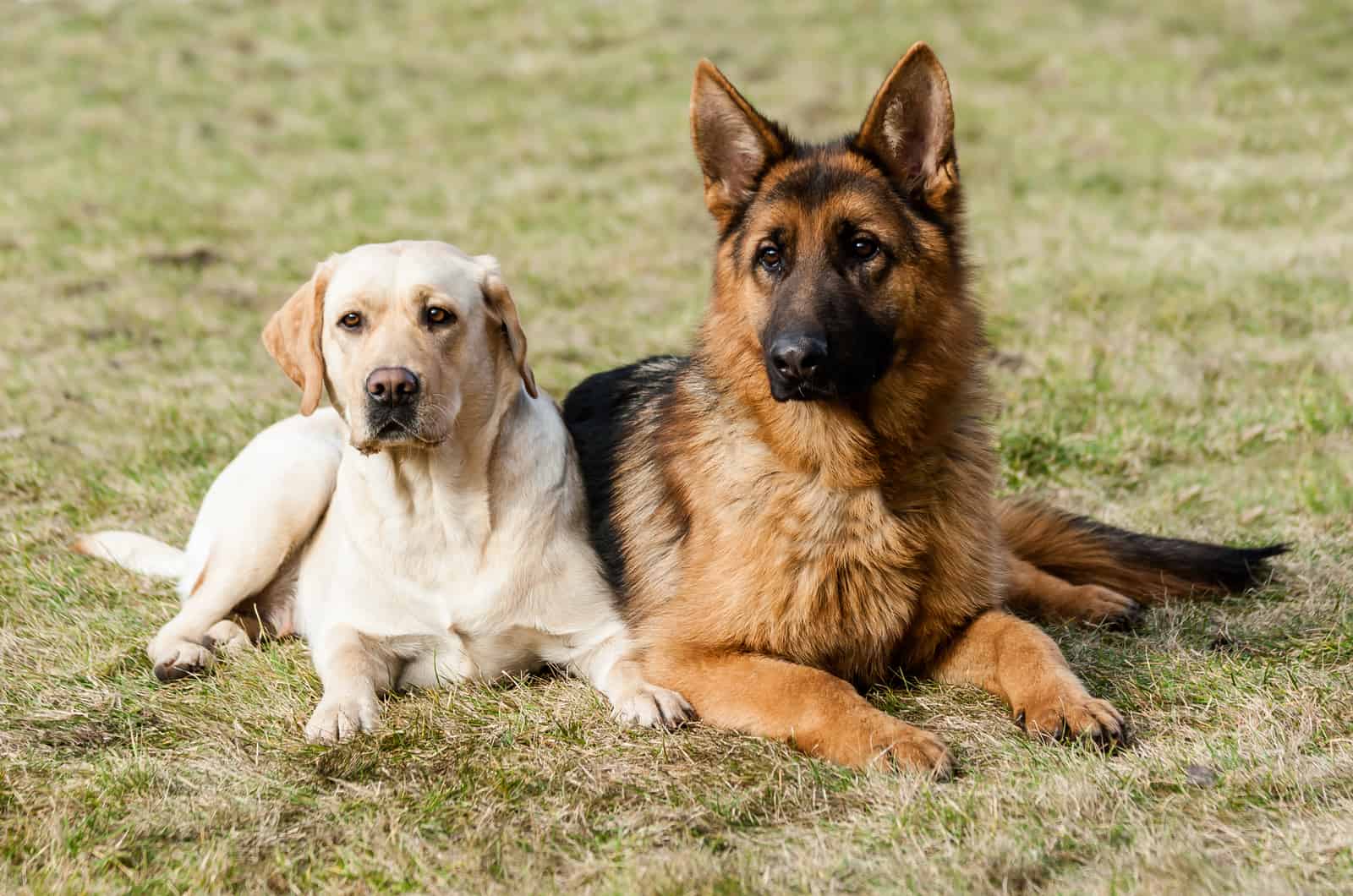
Queso bounced back pretty fast, but that didn’t ease my friend’s worries. She’s still afraid it might happen again.
Of course, the risk always exists. It’s super small with Queso now that he had gastropexy, but Artie should be watched, too. Dogs like German Shepherds, Labradors, and Golden Retrievers are especially at risk of getting bloated.
It’s a good thing none of us suspected Queso had something stuck in his throat or that he had hairballs he needed to cough up. Otherwise, he wouldn’t be with us anymore.
It’s good to know what the other conditions are that might cause this retching without throwing up:
- A foreign object (i.e., bone pieces, toys, rocks, sticks, etc.) stuck in the dog’s throat
- Hairballs, especially with long-haired German Shepherds because they also swallow hair
- Respiratory infections like bronchitis or kennel cough
- Tracheal collapse (a severe condition where the windpipe’s cartilage is too weak)
- Laryngeal paralysis (when the airflow is restricted because of a weak larynx)
Please consult your chosen DVM if you suspect there’s something behind all that gagging. It’s almost always something. Our boy, Queso, was a tough case, but he made it.
Don’t just ignore your dog by thinking: oh, it’s just something he swallowed and will cough it right back up.
It never is.
Listen to what your dog has to say. He might not be fluent in hooman, but you should be fluent in your dog’s language, and know how to read his body language and his cues.
References:
|1| Holly Nash, DVM, MS. Bloat (Gastric Dilatation and Volvulus). 2006. DOI
|2| Philip Allen DVM, April Paul DVM, DACVECC. Gastropexy for Prevention of Gastric Dilatation-Volvulus in Dogs: History and Techniques. 2014. DOI

